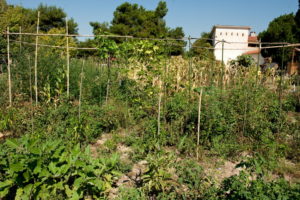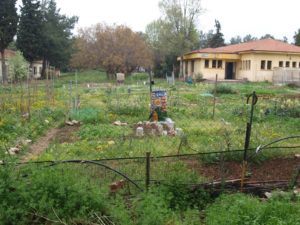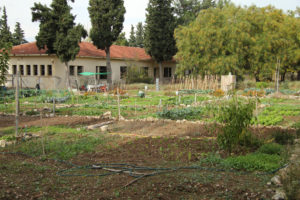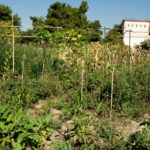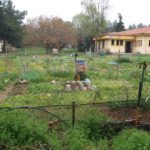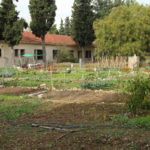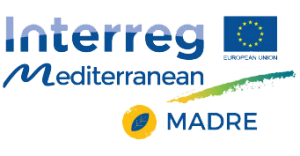01/2011
PER.KA are the initials for “PERiastikoi KAlliergites”, which means suburban cultivators in Greek. It was created in 2011 by 30 families living in Thessaloniki who wanted to grow their own food in an appropriate space near the city. After 3 months of fermentation of ideas, they settled in the abandoned 70 ha Karatasou military camp to protest against the privatisation, segmentation and selling out of the land. By now, over 130 plots are being cultivated in 7 PER.KA self-organised gardens.
Contact details
E-mail : akaragiorgas@gmail.com
Website : http://www.perka.org
Pavlos Melas, Thessaloniki, Greece
Stakeholders
∙ Cultural Club of Karatasou and other local organisations mobilised to turn the Karatasou military camp into a free and open green space for citizens
∙ PELITI, a seed bank which saves traditional seeds
∙ Municipality of Pavlos Melas, which lets PER.KA occupy the land and provides water access and site security
Objectives
∙ Allowing families to be in contact with the earth and produce their own food to increase autonomy
∙ Promoting the principles and techniques of organic, biodynamic and environmental-friendly agriculture
∙ Fostering tolerance and solidarity between gardeners to create a knowledge-sharing community
Legal framework & Budget
PER.KA is an informal group, with no dedicated legal status and no external funding. The General Assembly meets once a month to find common solutions to problems encountered in farming and garden management. Each member pays an annual fee of € 10 for maintenance costs, with the exception of the most vulnerable ones. The activity has to remain non-profit.Activities
Today, more than 130 families grow organic and seasonal vegetables, fruits, flowers and herbs for self-consumption on an individual plot in PER.KA gardens. The food produced is safe, nutritious and beneficial for the human body, while farming techniques respect the local flora and fauna. Most gardeners do not use commercial seeds but their own seedlings or get them from PELITI association. Some members with a degree in agriculture can advise and train others informally, according to the model of Communities of Practices. The Municipality of Pavlos Melas offers technical support through water access and site security.>Innovation & Outcomes
Self-organisation and collective governance offer great freedom to grow and experiment new crops and techniques, in the form of an autonomous research laboratory. Traditional seeds are provided for free by PELITI. PER.KA also developed long-term training in gardening and farming for interested groups, including schools and immigrants. The economic crisis led to an increase in the number of farmers joining the initiative. There is also a greater level of social interaction and peer-learning amongst gardeners than in other municipal gardens, which contributed to the development of valuable collective skills apart from agronomical ones.700 000
400
Main obstacles & Next steps
However, self-organisation makes the initiative vulnerable to externalities such as water shortage during the summer. PER.KA members calls for an integrated plan to turn the Karatasou military camp into a free and open green space for citizens. Yet, PER.KA gardens are under threat as land occupation is still illegal and the Greek army claims the ownership of the place.More on :
http://www.perka.org